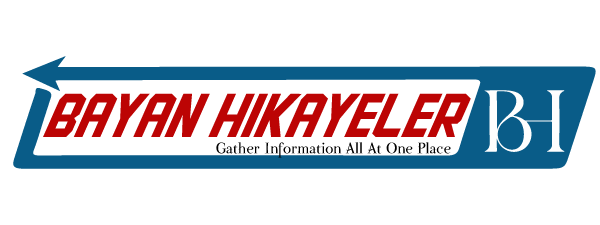Fast screen repair services for broken or harmed laptops
A fractured or damaged laptop computer display can interfere with work, finding out, and home entertainment. Even a little split or flicker can make using the laptop computer tough and strain your eyes. Fast display repair solutions provide a quick and dependable option to recover your device’s screen. Knowledgeable specialists can change or repair busted displays successfully, guaranteeing your laptop computer operates appropriately without lengthy downtime. With high quality components and expert methods, these solutions help keep your gadget’s performance and durability, making it convenient and cost-effective to get your laptop back to full usage.
Indicators Your Laptop Computer Display Requirements Immediate Repair
Recognizing problems early can protect against further damages. Typical indicators include:
– Noticeable splits or ruined glass
– Flickering or altered screen
– Black or blank areas on the display
– Touchscreen unresponsiveness
– Display not activating while the laptop powers up
Advantages of Quick Display Repair Services
Professional Computer Repair solutions for displays provide multiple advantages:
– Quick turn-around– Fixings are done immediately, decreasing downtime.
– Inexpensive– Repairing the screen is typically cheaper than changing the entire laptop.
– High-grade parts– Replacement screens make sure durability and clear visuals.
– Information safety– Repairs are done without taking the chance of data or software program.
Steps Involved in Laptop Computer Screen Repair
Proficient professionals comply with a structured technique to repair:
- Evaluation and Medical Diagnosis– Determining whether the concern is the screen, inner connections, or various other equipment.
- Quotation and Authorization– Offering an affordable estimate for the repair prior to job begins.
- Screen Replacement or Repair– Removing the damaged display and mounting a brand-new one using precise techniques.
- Examining– Making sure the screen works properly under numerous problems without flickering or dead pixels.
- Final Quality Check– Verifying complete performance and responsiveness, including touch functions if relevant.
Tips to stop Future Screen Damages
Maintaining your laptop after repair helps avoid future problems:
– Use a protective situation or sleeve while carrying the laptop computer
– Avoid positioning hefty things on the laptop computer lid
– Keep fluids and food away from the device
– Adjust screen brightness to optimal levels to minimize strain
– Manage the gadget meticulously throughout transport and arrangement
Fast display repair solutions provide a trustworthy option for fractured or harmed laptops. By choosing professional computer repair, you make certain that your laptop computer’s display is brought back swiftly and properly. Prompt repair services enhance use, secure your data, and extend the life of your tool. Buying expert display repair is a smart selection for preserving performance, convenience, and visual clarity while using your laptop each day.



